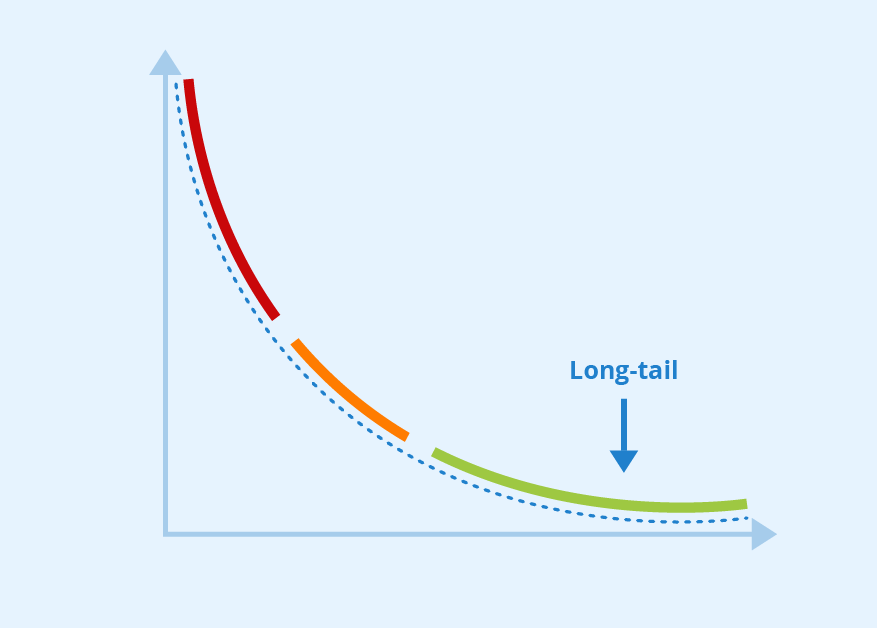Defining the COVID-19 Vaccine Data Part I: Easing Employee Concerns Related to Effects on Pregnancy & Fertility
Vaccine misinformation has caused many to delay or forgo the COVID-19 vaccine. With mandates looming for large organizations, how can employers use facts to ease employee anxieties around vaccine fears? We uncover the data around a common concern.
October 25, 2021

Questions about the COVID-19 vaccine safety have resulted in employees balking at the potential for federal government mandates, making vaccination a workplace requirement for many. Adverse reactions resulting in myocarditis with mRNA vaccines, thrombosis with thrombocytopenia syndrome (blood clotting issues) associated with the J&J/Janssen vaccine and long-term effects impacting fertility and pregnancy have all been raised as ongoing concerns.
The CDC’s current position is that vaccines are safe and effective. Serious safety issues such as thrombosis and myocarditis are rare, and long-term side effects associated with vaccination are extremely rare, especially since the agency expresses that no long-term side effects have been detected among the millions of people dosed. Still, people are hesitant, forcing many employers to terminate or provide ultimatums for employees unwilling to vaccinate.
“What if we flip the conversation and instead focus on how the COVID-19 vaccine affects these concerns from a data-based perspective,” said Vik Ramaswamy, Senior Risk Control Manager at Safety National. “Employers should be communicating the facts to various vaccine objections, so employees are aware of the long-term consequences associated with even a moderate infection. It’s not only important for their own health, but for the health and safety of those they encounter in the workplace.”
In part one of our COVID-19 employer vaccination series, we break down the data associated with a commonly expressed vaccine concern – the risks to fertility and pregnancy.
Should Pregnant People Consider Vaccination?
Previously, there was little data on COVID-19’s effects on pregnancy. Now, with data suggesting that pregnant people are at an increased risk of severe illness from the virus, the conversation around the vaccine has changed. Researchers in Canada put together a meta-analysis that aggregated 42 studies involving 438,548 pregnant people from across the U.S. and Canada. They concluded that when compared to sample populations with no infection, SAR-CoV-2 infections were associated with higher odds of complications such as pre-eclampsia, pre-term births, almost a two-fold increase in the odds of a stillbirth and more than a four-fold increase in the likelihood of the person requiring ICU admission due to severe disease.
Researchers published aggregated data in the New England Journal of Medicine from surveillance systems designed to report vaccines’ adverse effects, such as the Vaccines Adverse Event Reporting System (VAERS) among pregnant respondents. The researchers concluded that published incidence for stillbirths occurred in less than one percent of cases, and fewer than 10% of pregnancies resulted in pre-term or premature births. These figures are resultant in similar incidences reported in studies involving pregnant people before the pandemic.
While the research is still tentative, the evidence indicates that the vaccine does not appear to impact the viability of pregnancy beyond normally expected outcomes associated with age or other factors.
Could the COVID-19 Vaccine Impact Fertility?
A team of andrologists at the University of Miami recruited 45 volunteers to characterize the short-term effects of both Pfizer and Moderna vaccines on male fertility. They studied factors such as semen volume, sperm concentration, sperm motility and total motile sperm count. They concluded that there were no significant decreases in any of the previously described male fertility parameters within this small cohort of healthy men.
While long-term studies are not available simply because the vaccines have not been in the population for the long term, this research suggests that there are no short-term adverse impacts on fertility for healthy, reproductive-aged men.

























